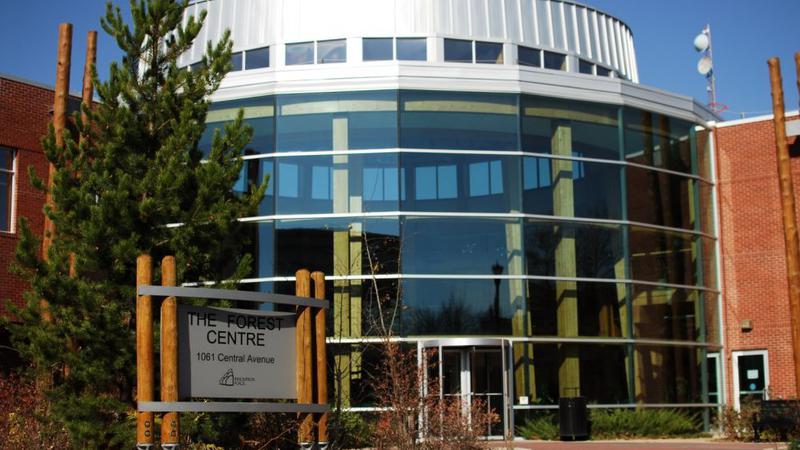
Prince Albert campus included in new dental therapy program
A newly announced dental therapy degree program will include Prince Albert in one of three campuses the program is available.
The program is aimed at Indigenous students and hopes to address the issue of dental care on reserves.
In Prince Albert, seven students per year will be able to study at the U of S campus in the city with the first start date in September 2023.
“What an exciting announcement,” said Dr. Doug Brothwell (DMD), dean of the USask College of Dentistry. “It has been over four years since NITHA approached the college requesting that we work together to solve the problem of access to dental care in their 34 member First Nations.


